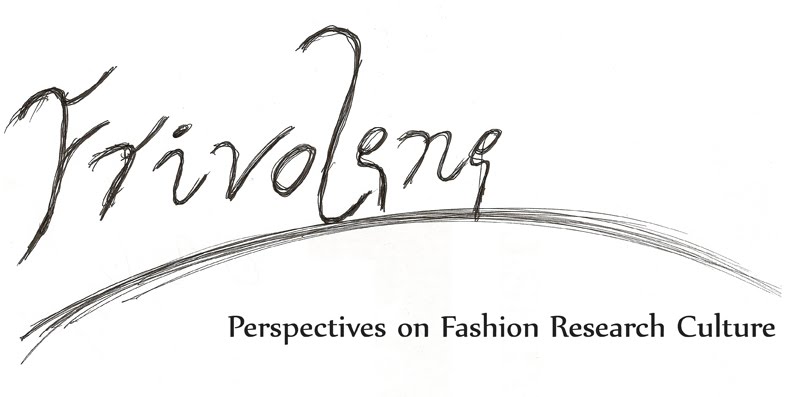Oriel College, University of Oxford, venue of 2nd Global Conference on Fashion
Lack of recent posts is due to my preparation of a paper to be presented this week at 2nd Global Conference on Fashion, hosted at the University of Oxford by Inter-disciplinary.net. I attended to give a paper at the first conference last year, so am glad to have been invited back, and to have the opportunity to re-acquaint myself with some of the academics and fashion professionals who attended last time, and to meet some new faces too. The opportunity to ''network'' within the field of fashion theory is somewhat limited, particularly as relatively few of these type of conferences are held, so am looking forward to hearing about the research of others in related fields. At last year's conference some of the most interesting papers were those that related to fashion from a theoretical and historical perspective, areas in which my own knowledge is less developed (my own knowledge of ''fashion history'' is gleaned from my own haphazard reading, hence the number of gaps in my understanding), as well as those who had traveled from places outside the usual Euro-American fashion theory arena, which last year included speakers from Russia, South Africa, Japan and Jamaica.
Presenting my own work in the form of an academic paper at such a conference has also become a useful tool in my own research methodology; as well as finding a forum in which to present my work before an informed audience. In particular, the feedback in the Q&A session at the end of the presentation was useful in finding if in ''testing'' my work that is is understood in a wider context outside of my immediate academic community. It also provided me with a few useful leads and new ideas to explore, so am hoping for more of the same this year, not least because I still feel that as my research topic on the ''Fashion City'' is so under-developed it needs a few learned and rigorous ears to help iron-out the anomalies or to pick out potential pit-falls.
One of the ''finds'' of last year's conference came in the form of the academic fashion blog Worn Through to which Lucy Collins of Temple University contributes. This American-focused blog, which is more like a magazine, is full of interesting perspectives on the teaching of fashion and fashion curating, with news on exhibitions, new publications, conferences and potential job opportunities. Visit the site and view their latest posts at: http://www.wornthrough.com/
For more information on the conference, and the archive of last years, visit: http://www.inter-disciplinary.net/critical-issues/ethos/fashion/
